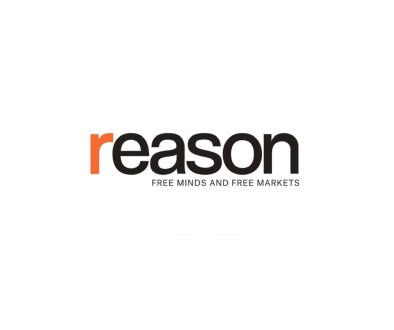Western Suicide: Cause and Effect
Over the course of the past three millennia, Western Civilization has faced many apocalyptic challenges and existential threats, both internal and external.
I believe we stand today, as a civilization, quivering on an oscillating precipice facing perhaps our greatest danger, one as real and threatening as the series of Medieval invasions from multiple hostile forces, the Magyars (Hungarians) from the east, the Viking expansion from the north and the Arabs from the south, all followed by the Bubonic Plague which ravaged the continent. In the 20th Century the West faced and defeated the onslaught of those twin totalitarian tyrannies, National Socialist Germany and Marxist/Leninist Socialism of the USSR.
Those who hate and seek the destruction of the West wear many ideological guises and raiment.
The tradition of the West is embodied in the Great Conversation that began in the dawn of history and that continues to the present day. Whatever the merits of other civilizations in other respects, no civilization is like that of the West in this respect. No other civilization can claim that its defining characteristic is a dialogue of this sort. No dialogue in any other civilization can compare with that of the West in the number of great works of the mind that have contributed to this Dialogue. The Spirit of Western Civilization is the spirit of inquiry. Its dominant element is the Logos. Nothing is to remain undiscussed. Everyone is to speak his mind. No proposition is to be left unexamined.
Robert Maynard Hutchins, The Great Conversation: The Substance of a Liberal Education.
Logos is an ancient Greek term. It means reason as expressed in human speech. The Greeks believed reason to be the controlling principle in an orderly, harmonious universe (cosmos).
The faculties of reason (conceptual thought) and language (propositional speech) are what distinguish human beings from other creatures.
Accordingly, man is described as “the rational animal.” As philosopher Mortimer Adler points out in his book, The Difference of Man and the Difference It Makes:
. . . man is the only talking, the only naming, declaring or questioning, affirming or denying, the only arguing, agreeing or disagreeing, the only discursive animal.
Philosopher/novelist Ayn Rand develops this idea further in her book, For the New Intellectual:
Man’s mind is his basic tool of survival. Life is given to him, survival is not. His body is given to him, its content is not. To remain alive, he must act, and before he can act he must know the nature and purpose of his action. He cannot obtain his food without a knowledge of food, and the way to obtain it. He cannot dig a ditch – or build a cyclotron – without a knowledge of his aim and of the means to achieve it. To remain alive, he must think.
But to think is an act of choice . . . Reason does not work automatically; thinking is not a mechanical process; the connections of logic are not made by instinct. The function of your stomach, lungs, or heart is automatic; the function of your mind is not. In any hour and issue of your life, you are free to escape from your nature, from the fact that reason is your means of survival – so that for you, who are a human being, the question ‘to be or not to be’ is the question ‘to think or not to think.’
Thinking is man’s only basic virtue, from which all the others proceed. And his basic vice, the source of all his evils, is that nameless act which all of you practice, but struggle never to admit: the act of blanking out, the willful suspension of one’s consciousness, the refusal to think – not blindness, but the refusal to see; not ignorance, but the refusal to know. It is the act of unfocusing your mind and inducing an inner fog to escape the responsibility of judgment . . . Non-thinking is an act of annihilation, a wish to negate existence, an attempt to wipe out reality.
Human beings are capable of abstract thought, the transcendence of their immediate environment, and the emancipation from the perpetual present.
In one of the most important books of the 20th Century, Tragedy and Hope: A History of the World in Our Time, historian Carroll Quigley elaborates on this crucial idea of abstraction:
Both man and universe are dynamic, or changeable in time, and the chief additional complexity is that both are changing in a continuum of abstraction, as well as in the more familiar continuum of space-time. The continuum of abstraction simply means that the reality in which man and the universe function exists in five dimensions; of these the dimension of abstraction covers a range from the most concrete and material end of reality to, at the opposite extreme, the most abstract and spiritual end of reality, with every possible gradation between these two ends along the intervening dimensions that determine reality, including the three dimensions of space, the fourth of time, and this fifth of abstraction. This means that man is concrete and material at one end of his person, is abstract and spiritual at the other end, and covers all the gradations between, with a large central zone concerned with his chaos of emotional experiences and fee
Article from LewRockwell

LewRockwell.com is a libertarian website that publishes articles, essays, and blog posts advocating for minimal government, free markets, and individual liberty. The site was founded by Lew Rockwell, an American libertarian political commentator, activist, and former congressional staffer. The website often features content that is critical of mainstream politics, state intervention, and foreign policy, among other topics. It is a platform frequently used to disseminate Austrian economics, a school of economic thought that is popular among some libertarians.




